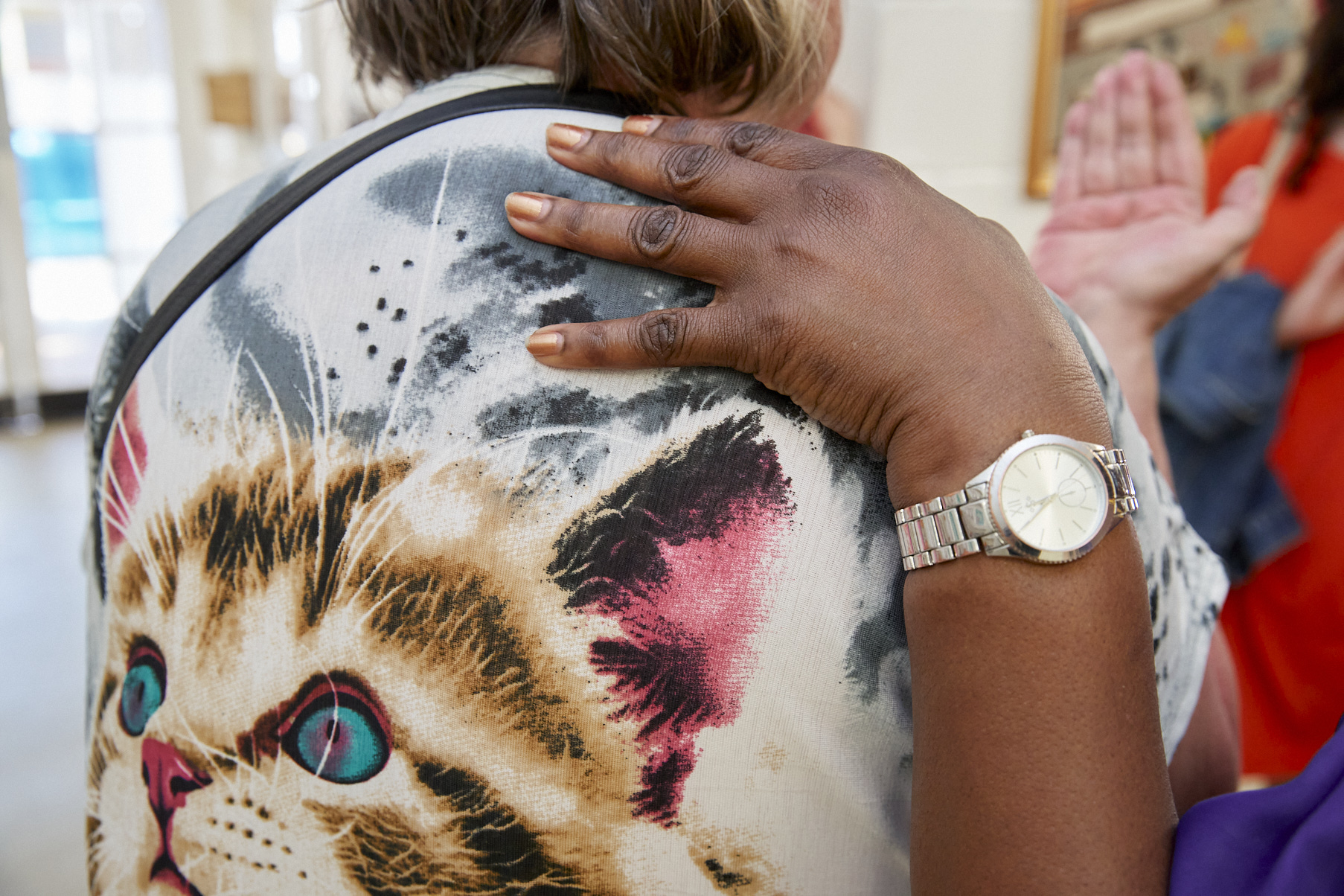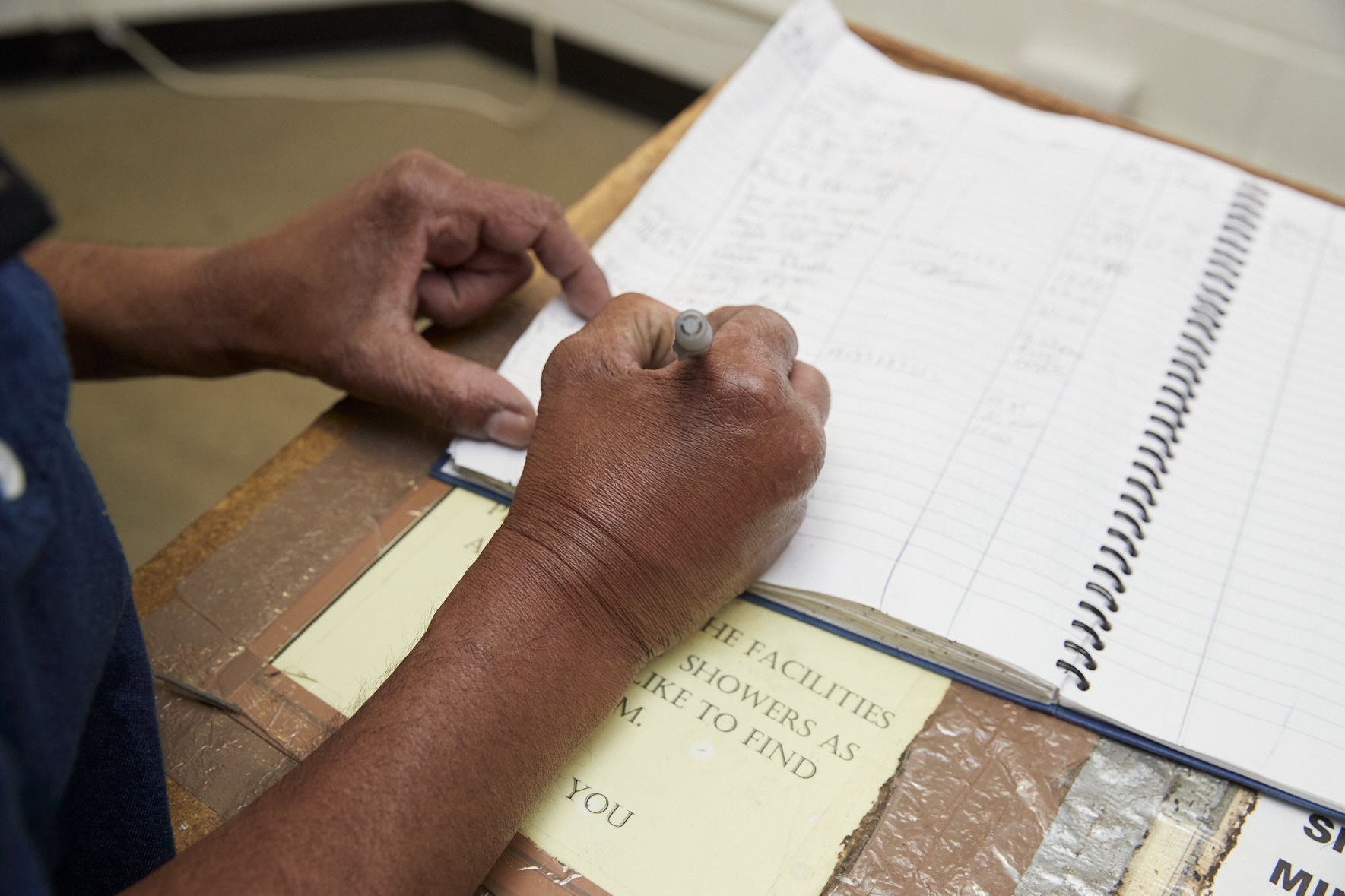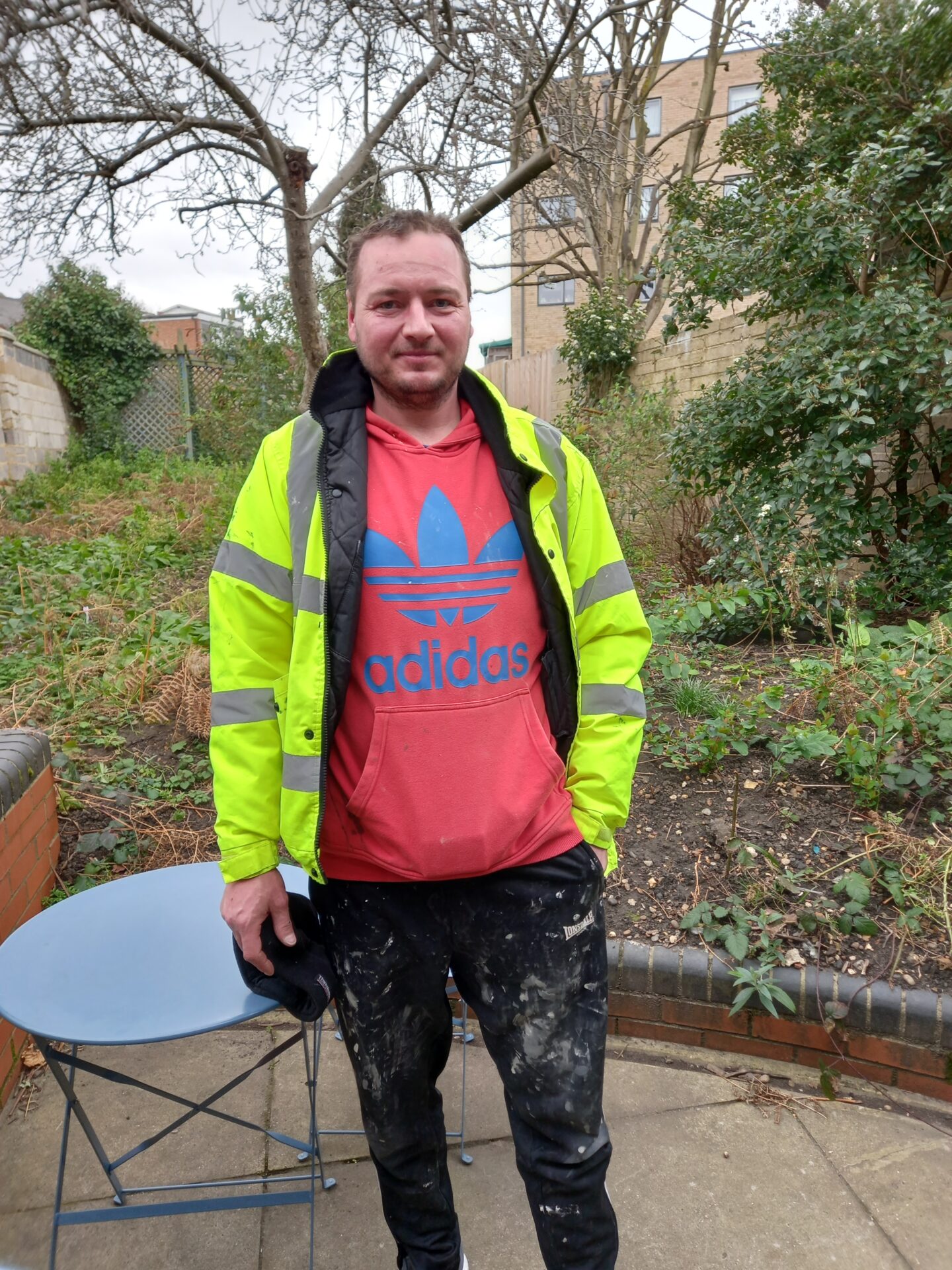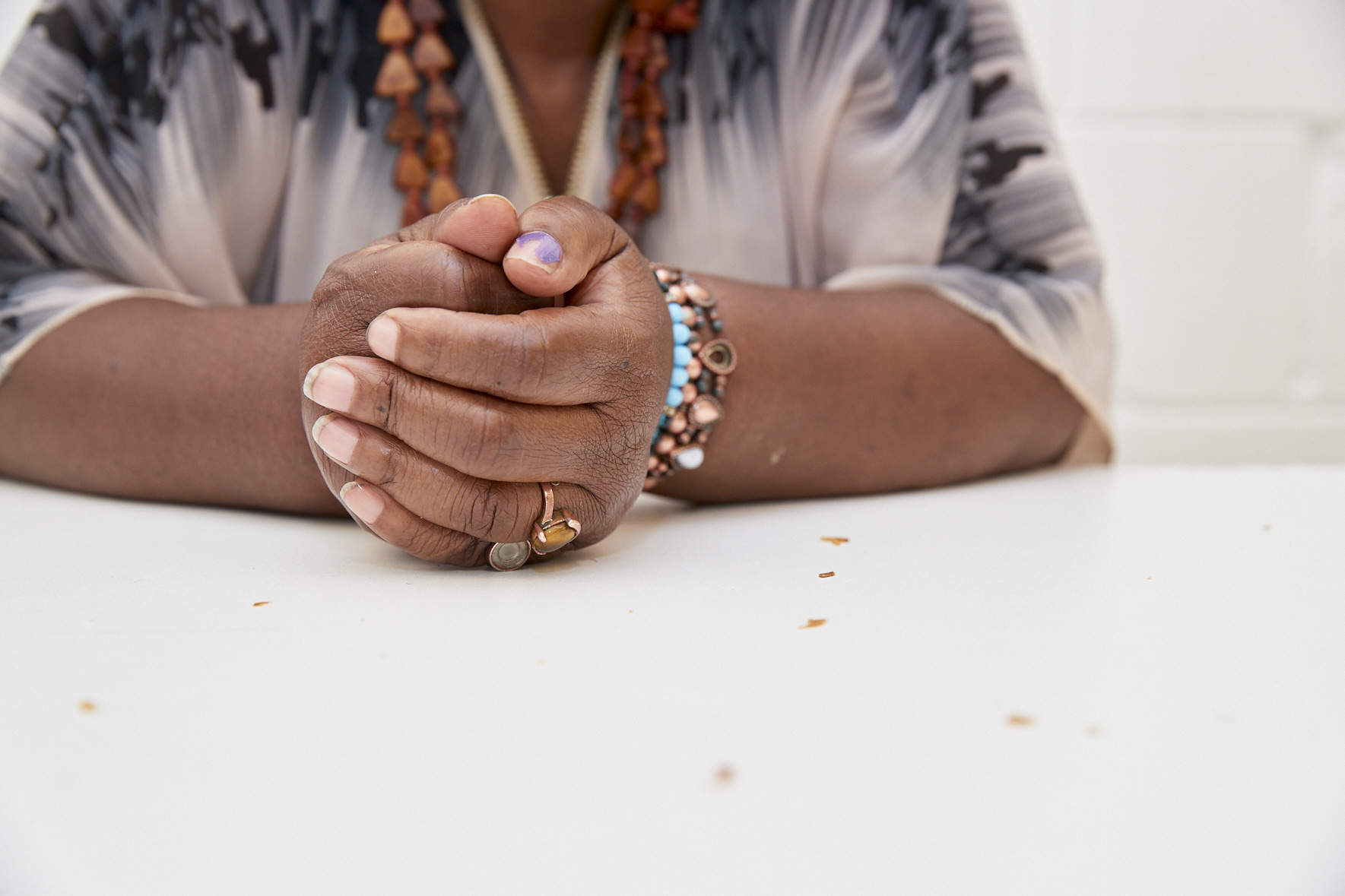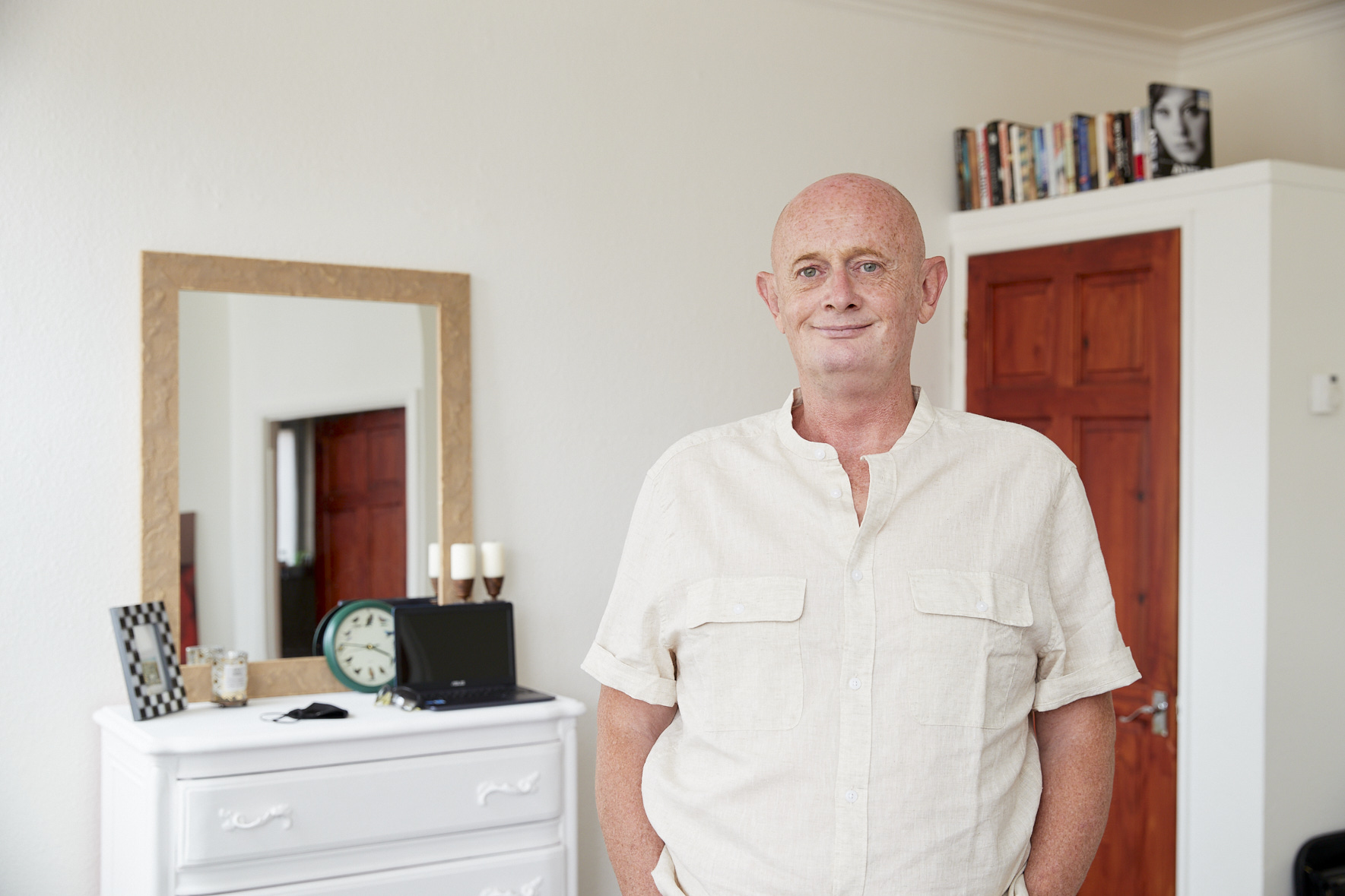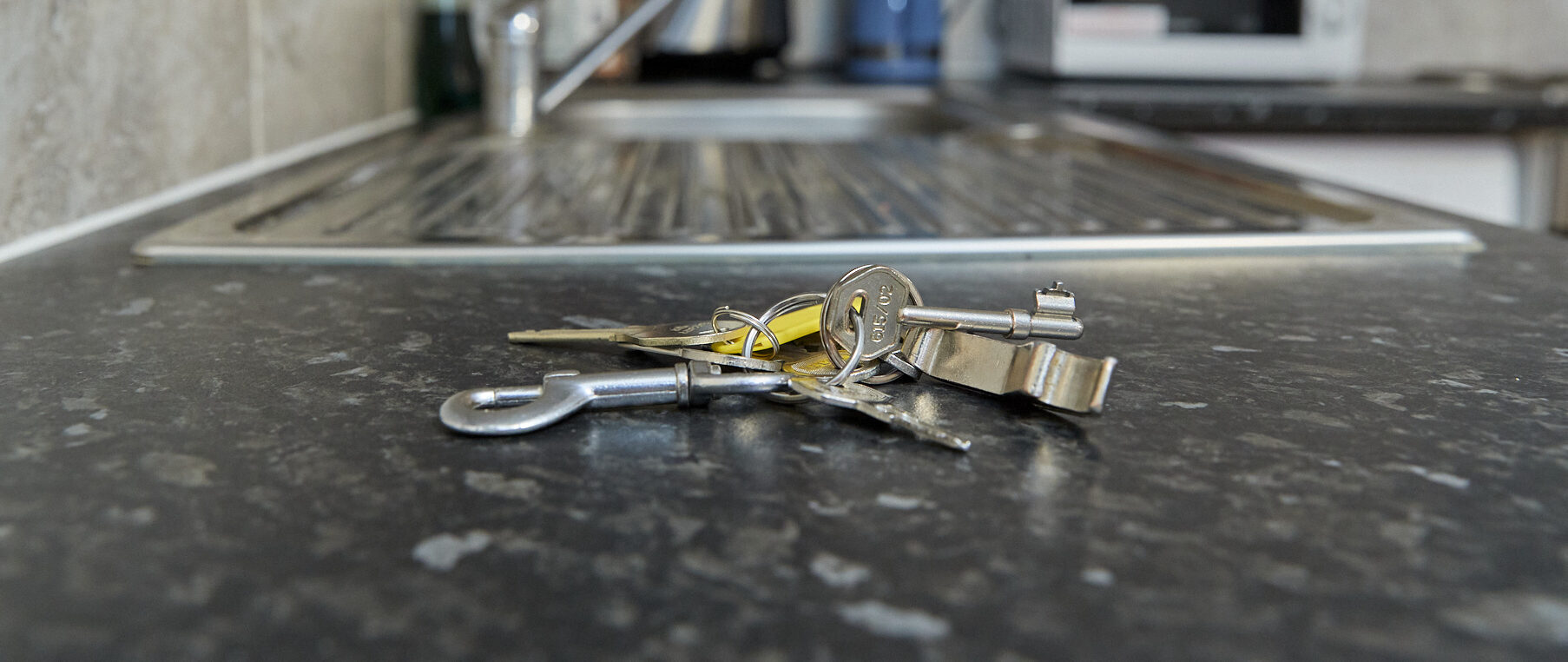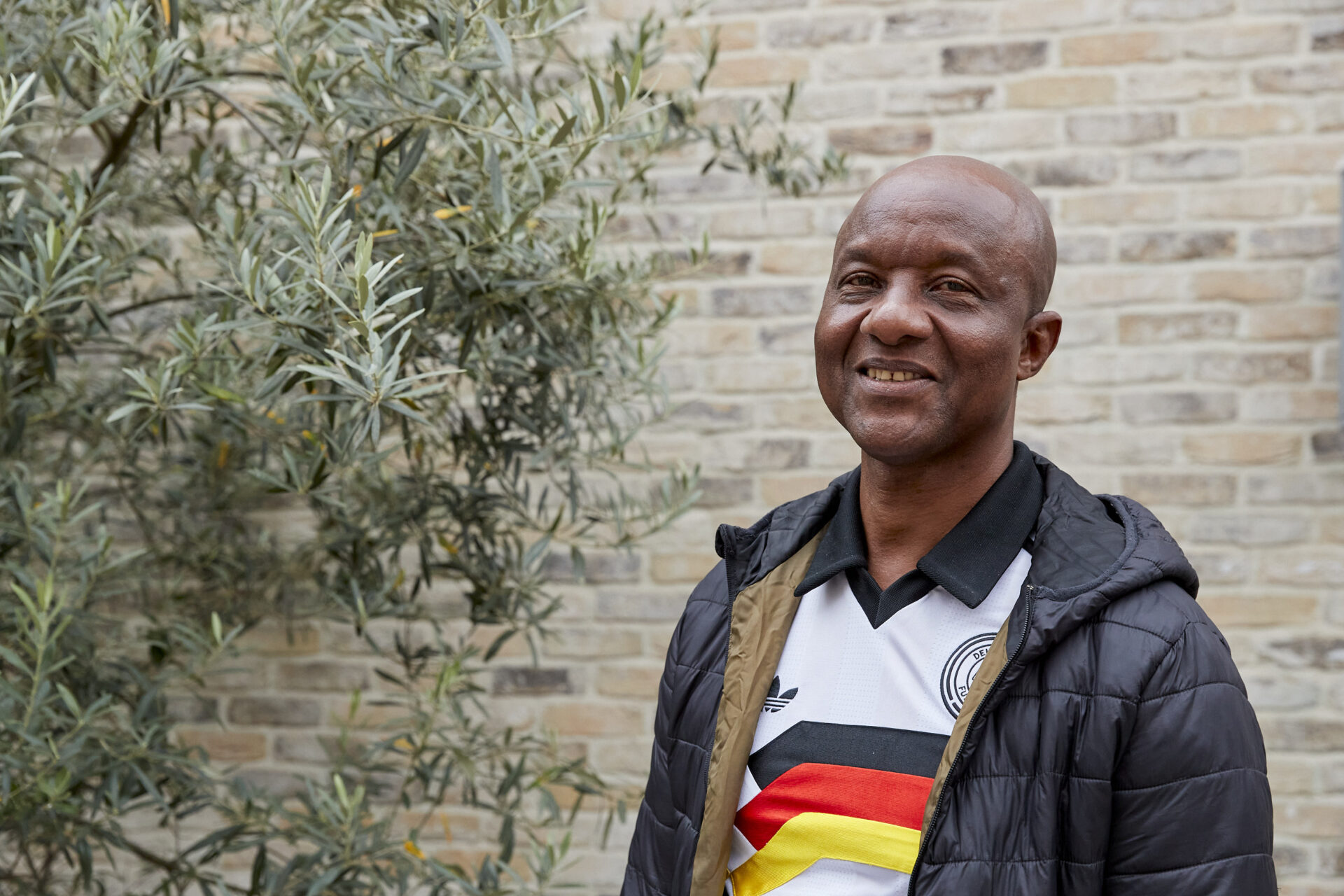Monica’s story
Monica is now having her mental and physical health support needs met after the trauma of being evicted and losing her partner
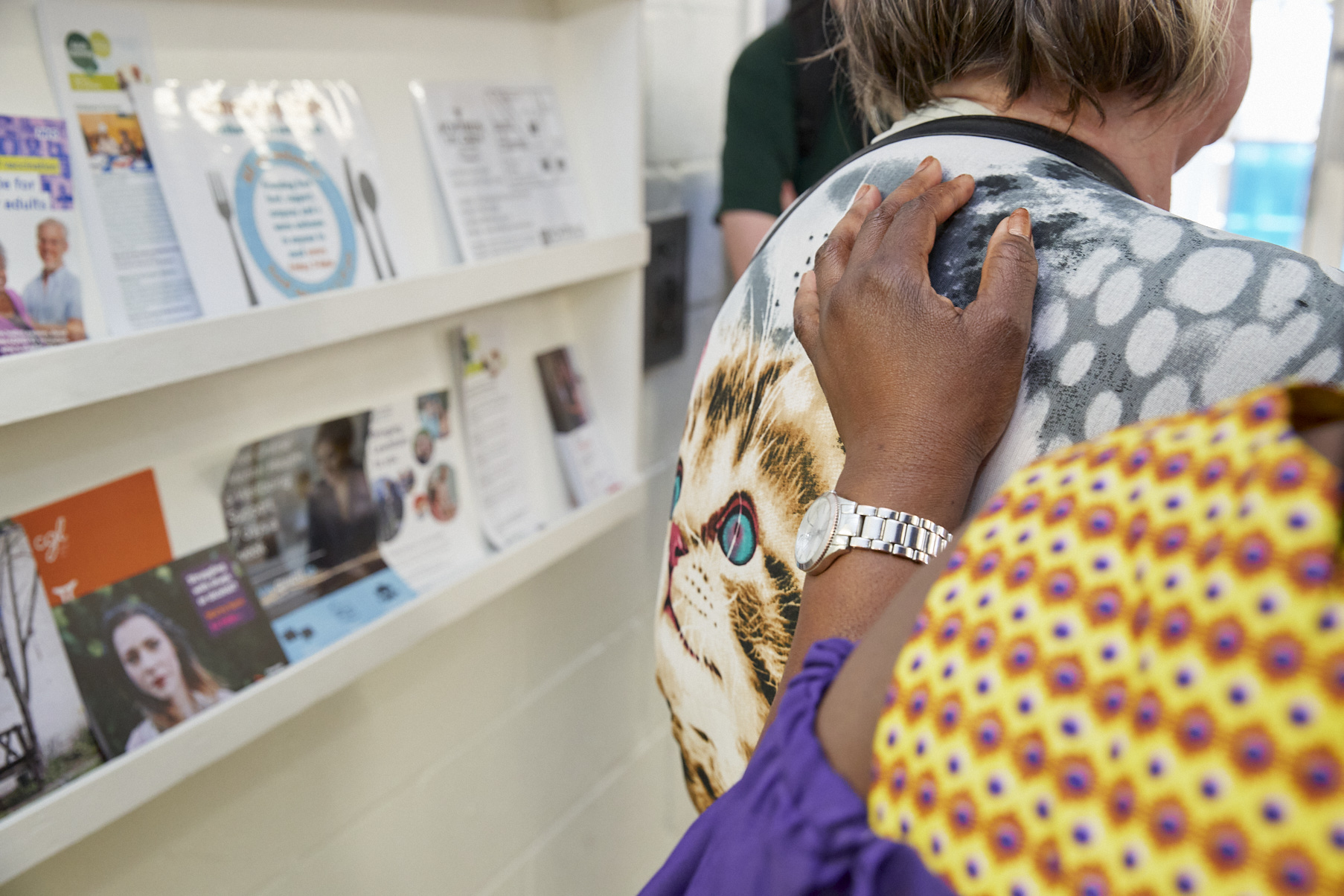
Monica had been living with her partner, who was terminally ill. He sadly passed away in 2019 and she was made homeless shortly after the funeral, being evicted because her partner was the registered tenant of the property. After this traumatic experience, she was sofa-surfing with different friends as well as having periods of sleeping rough in the local area; she moved around so as not to stay in the same place and become more vulnerable.
She was referred to Deptford Reach by Lewisham council, to offer support with obtaining private rented accommodation. This was made more difficult by the delay in receiving the confirmation of Monica’s leave to remain status, so at this time she had no access to benefits. Monica has difficulty reading and writing, so support was needed to obtain the right paperwork and help Monica through the stressful process.
Signposting to the right healthcare is a significant part of Monica’s recovery journey. She has some ongoing health conditions, with arthritis in her arm and knee causing chronic pain, as well as lower back pain and high blood pressure. “Deptford Reach saved my life,” Monica says, “they are good people, and they do a lot for people.” She was offered counselling to help her with the trauma that came from being evicted and sleeping rough, and has since been referred to her GP for longer-term support with this. While she awaited news from the Home Office regarding her leave to remain application, she started part-time work, before being put on furlough when the pandemic hit. Her immigration status was confirmed at the start of 2021, and she is now eligible for some benefits.
As she approaches retirement age, Monica finally feels that she can enjoy other activities, as well as learn new skills, now that her settled status is finalised. The support she gets from Deptford Reach is part of the floating support service, which means her support worker will visit her at home to address her needs, which are mostly around sustaining her accommodation. Monica is now looking to take an ESOL (English to Speakers of Other Languages) course to help with her language skills and gain more confidence. She can now look to the future as she is finally comfortable with the setup of her own accommodation, and the ongoing support that she has for her mental and physical health.

